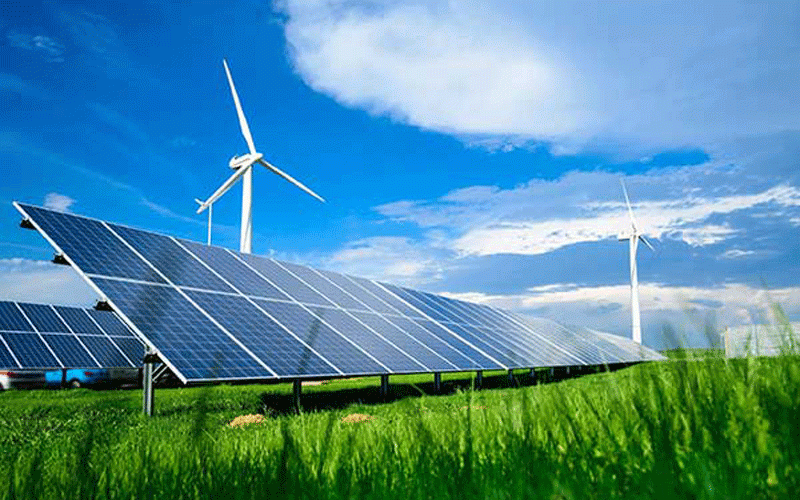
The collaboration between the Zimbabwe Joint SDG Fund project and the Ministry of Energy and Power Development in providing solar training equipment to the Zimbabwe Electricity Supply Authority (Zesa) Training Centre signifies a significant step towards boosting the country’s renewable energy sector. This initiative not only aims to equip workers with essential green skills, but also makes renewable energy technical training accessible and affordable, aligning with the objectives of the National Development Strategy 1 (NDS1). Energy and Power Development minister Edgar Moyo emphasised the importance of investing in renewable infrastructure to lay the foundation for a sustainable future. Additionally, the involvement of the United Nations through the SDG Fund highlights the global recognition of the pivotal role renewable energy plays in sustainable development and combating climate change.
Three things to know:
Empowering Women and Youth: The training sessions target women and youth, aiming to empower them and foster entrepreneurship in renewable energy. The inclusive approach with 50% women and 75% youth participation reflects a commitment to diversity and skill development.
Market Gap Bridging and Capacity Building: The Joint SDG Programme focuses on bridging market gaps, promoting project implementation, and building capacity among renewable energy developers and investors. By de-risking investments and integrating small-scale businesses into energy value chains, the program advances the sector’s growth.
Sustainable Development Goals Integration: The emphasis on aligning renewable energy initiatives with the SDGs underscores Zimbabwe’s commitment to meeting global development targets. By investing in green skills and infrastructure, the country demonstrates a proactive stance towards sustainable growth and environmental stewardship.
Conclusion:
The collaborative efforts to empower Zimbabwe’s renewable energy sector not only enhance the country’s green skills but also contribute to sustainable development and climate change mitigation. By prioritizing inclusivity, capacity building, and alignment with global goals, Zimbabwe showcases a commitment to fostering a prosperous and environmentally conscious future. This initiative serves as a model for leveraging renewable energy investments to drive economic growth and geopolitical influence while addressing pressing environmental challenges.
In the conclusion, the article highlights the importance of the collaborative efforts in Zimbabwe to enhance the renewable energy sector through sustainable development initiatives. It emphasises the positive impact of empowering women and youth, bridging market gaps, and integrating renewable energy projects with the Sustainable Development Goals. This holistic approach not only promotes economic growth but also positions Zimbabwe positively in the geopolitics of green energy transition. The country’s commitment to environmentally conscious policies will likely attract international attention and partnerships, further enhancing its geopolitical standing in the renewable energy landscape.—africa24
- Mavhunga puts DeMbare into Chibuku quarterfinals
- Bulls to charge into Zimbabwe gold stocks
- Ndiraya concerned as goals dry up
- Letters: How solar power is transforming African farms










